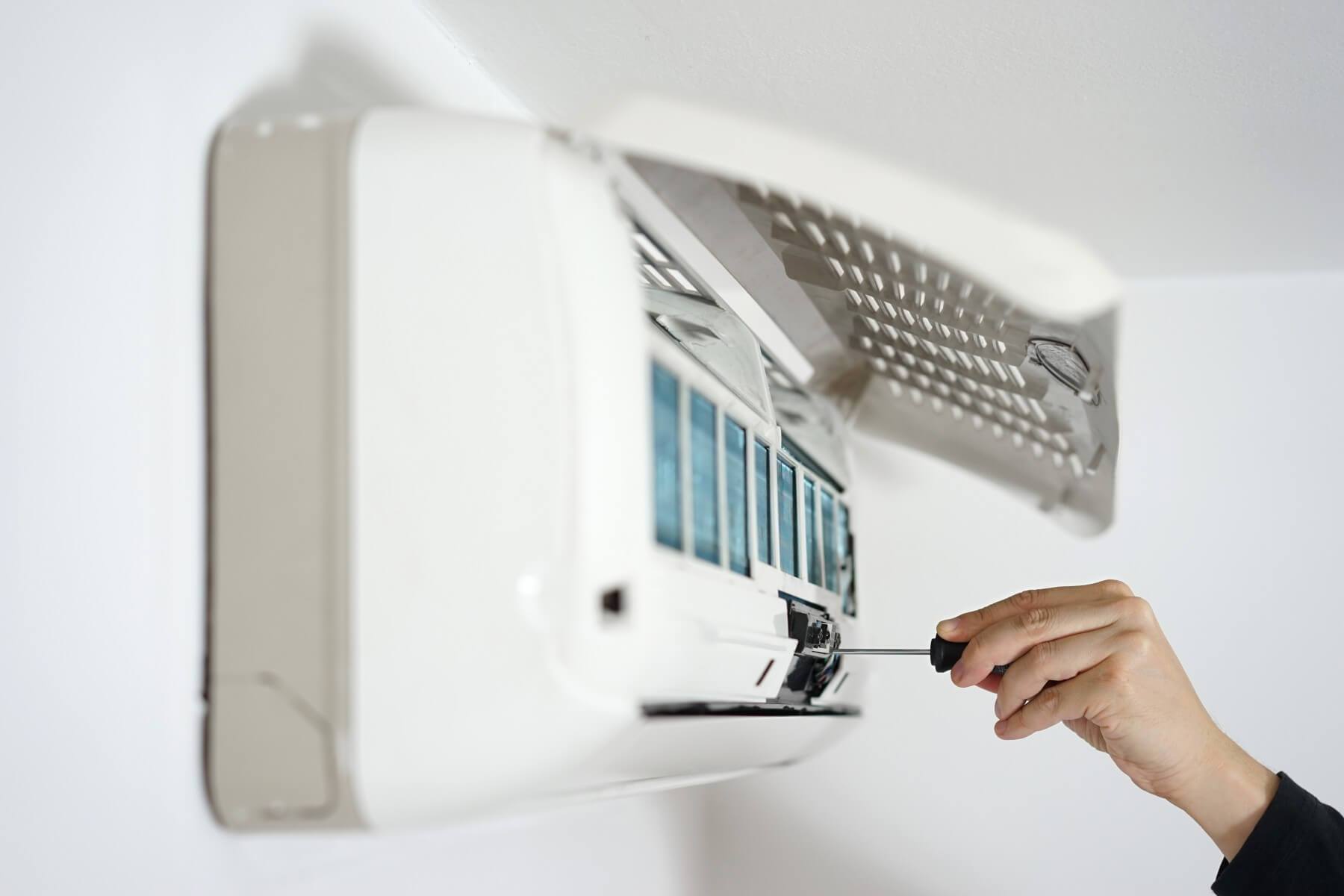It can be difficult to understand landlord responsibilities in terms of electricity and electrical safety. You may also feel uncomfortable confronting your landlord on these issues. This article aims to shed light on your rights, and offer an insight into what you are entitled to. As a side benefit, we hope this will also encourage landlords who are reading to improve the electric safety of their property.
Law
There are, of course, law-dictated landlord responsibilities. Firstly, all electric installations must be safe when tenants arrive and maintained throughout your residence. Similarly, all appliances supplied by landlords must be safe and have the ‘CE’ mark, as a minimum. The ‘CE’ mark is a mandatory conformity marking for all products manufactured/for use within the EU. Simply, the marking states that the product or appliance meets the safety requirements the EU has put in place.
Advice
There are also further aspects of safety that are not required by law. For example, it is not legally required for electrical appliances to be checked yearly, as it is with gas appliances. Electrical safety certificates are also not a requirement, whilst gas safety certificates are. However, landlords providing regular safety tests are likely to be upholding their obligations: Periodic Inspections must occur every 5 years, from an “electrically competent person”. You should also ensure your landlord holds all relevant certificates, despite them not being legally required. Other formalities, such as; only using registered electricians, carrying out regular visual checks, and ensuring the property has sufficient RCD (Residual Current Device) protection are great signs that your landlord is safety-savvy.
Certificates
Finally, there are 6 electrical landlord certificates to look out for. We posted more in-depth coverage of these certificates in a recent post, and we also offer services to carry out the relevant tests. However, if you’re unsure, it’s worth asking your landlord to provide certificates for the following; EICR (Electrical Installation Condition Report), PAT (Portable Appliance Testing), Fire Detection and Alarm System Inspection and Servicing Report, Fire and Alarm System Modification Certificates, ELCC (Emergency Lighting Completion Certificate) and Emergency Lighting Periodic Inspection Reports. These certificates cover a range of reports and inspections that should ensure the electrical safety of your rental property.
In conclusion, although understanding landlord responsibilities for electricity can feel daunting, asking for the relevant documents is as simple as picking up the phone. Landlords are obligated to provide a safe environment, which means you should not feel uncomfortable bringing them up on any discrepancies you are aware of.
For more information on various topics surrounding electricity, visit our blog or contact us.

